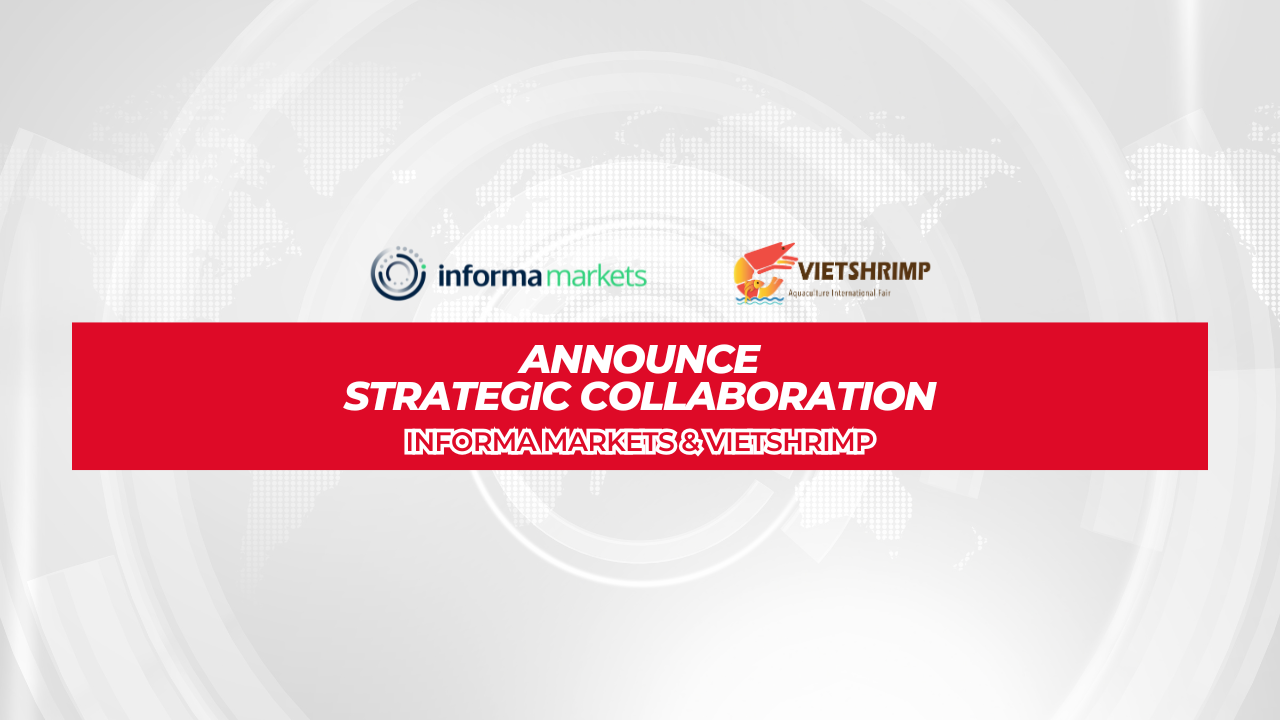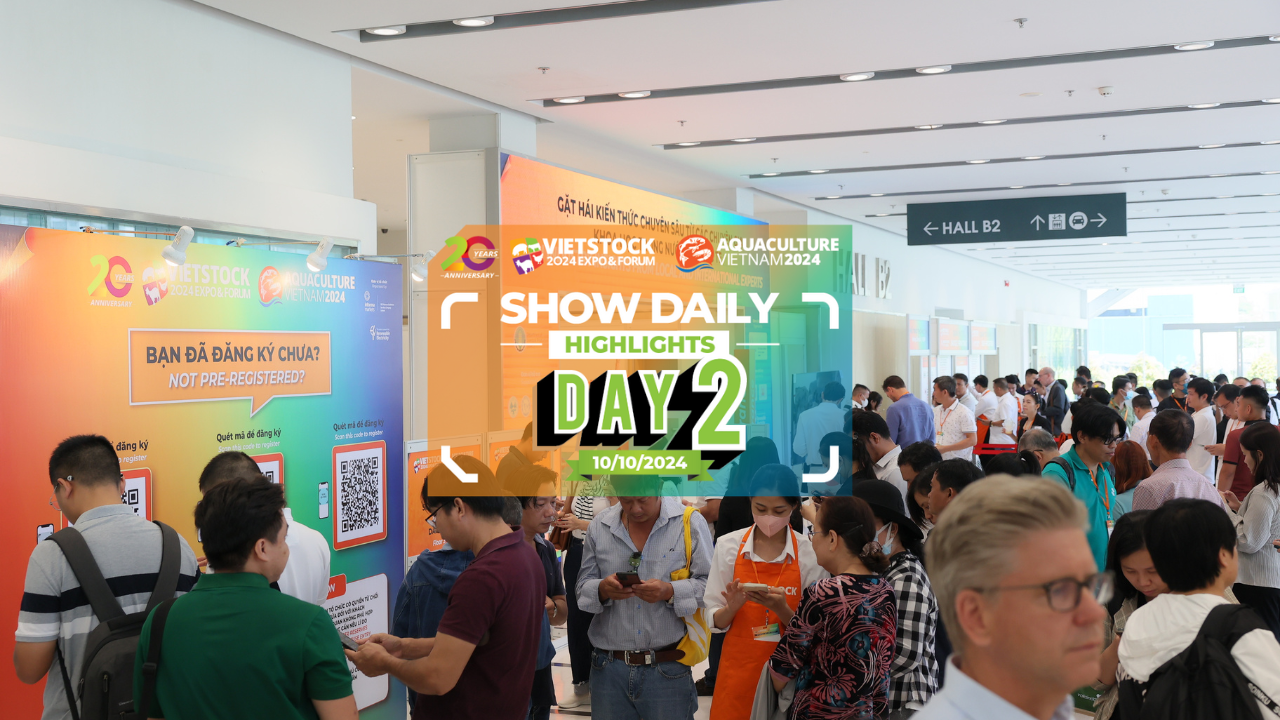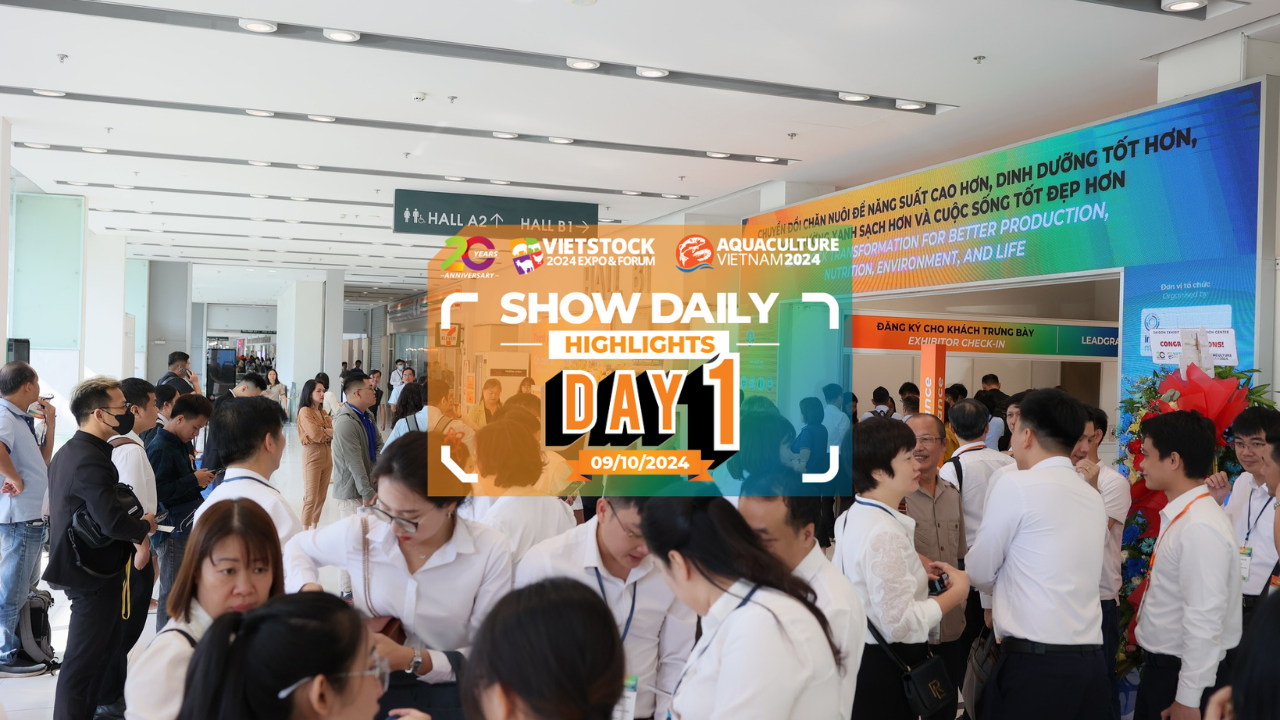Sustainable Aquaculture with Effective Environmental Protection Practices
Aquaculture is becoming a key component in food production. However, numerous environment-related issues have arisen due to the growth of this industry. In the face of worsening climate change, it is crucial to implement effective environmental protection efforts in aquaculture. In this article, Let’s explore how the aquaculture industry can contribute to environmental protection sustainably and effectively.
Status quo of environmental pollution in the aquaculture
The rapid growth of the aquaculture industry has led to environmental degradation and poses a significant threat to its sustainability. The expansion of fish farming has led to the conversion of wild areas, including mangrove forests, into farms and ponds, leading to severe changes in land use and ecosystems.
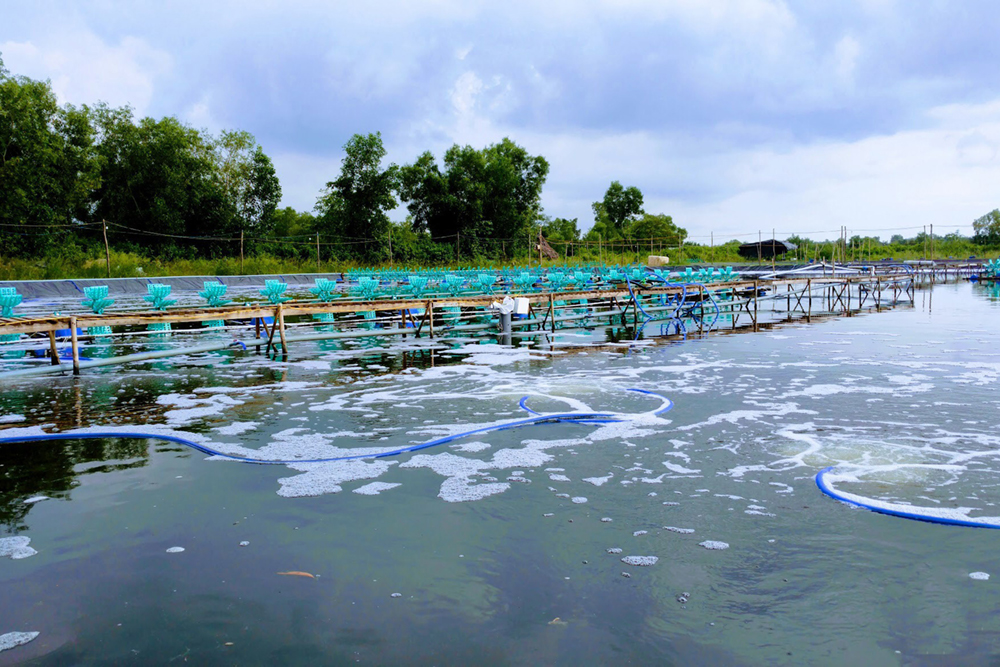
Recent aquaculture systems generate large amounts of waste, including wastewater and solid waste, which contain various pollutants. Aquaculture wastewater often contains excess nutrients, organic matter, and other pollutants, leading to water contamination and adverse impacts on the surrounding environment.
Solving the problem requires cooperation from the community and the government. The solutions can be achieved with effective environmental management practices, rising awareness of environmental protection, and investment in advanced waste treatment technology. Only then can the aquaculture industry in Vietnam develop sustainably and minimize environmental destruction. This is a necessary step for achieving economic development with environmental preservation.
Vietnam’s regulation on environmental protection in aquaculture
According to Decision No. 911/QD-TTg dated July 29, 2022, the Scheme for Environmental Protection in Fishery Sector in the 2021 – 2030 period has set specific objectives until 2030 as follows:
- Control and prevent pollution: Minimise negative impacts from waste and chemicals on water, soil, and air in fish farms.
- Prevent and deal with environmental emergencies: Strengthen the ability to respond to oil spills, toxic chemicals, and other emergencies to protect aquatic resources and habitats.
- Prevent biodiversity loss: Implement measures to conserve, protect, and regenerate aquatic species, which are given priority for protection, while minimising harmful activities on the ecosystem.
- Develop circular economy and green economy models: Design sustainable seafood production and business models that repurpose resources and waste effectively.
- Terminate the use of toxic chemicals: Eliminate the use of banned chemicals and minimize the use of others that can harm the environment and human health.
- Deal with environmental issues concerning fishery activities: Improve environmental quality in aquaculture areas, especially wastewater and solid waste management.
- Develop aquatic environmental monitoring network and services: Establish and maintain a strict monitoring system to evaluate and manage environmental impacts from fisheries activities.
- Build aquatic environment monitoring database: Create and frequently and punctually update the database, helping to provide accurate and timely information for decision-making and management.
- Conserve and develop aquatic resources: Implement programs to conserve and sustainably develop aquatic species, and protect important ecosystems such as mangrove forests, seagrasses, and coral reefs.
- Carry out conservation, protection, and development of aquatic resources; protection of the living environment for aquatic species, and restoration of important ecosystems for aquatic resources, such as mangrove forests, seagrasses, and coral reefs.
The following goals are to create a sustainable fisheries industry by minimising environmental consequences and ensuring fisheries resources for future generations. These practices are important for Vietnam’s commitments to environmental protection and economic development.
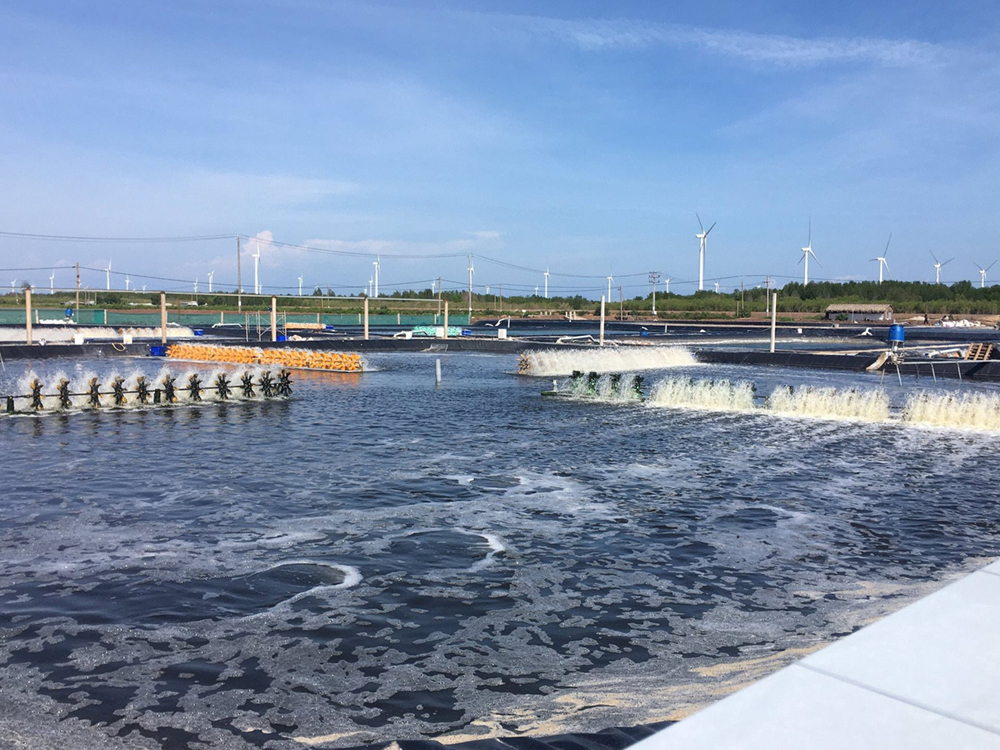
Practices to achieve sustainability for aquaculture
In Vietnam, the aquaculture industry is facing significant environmental challenges, especially the action of spontaneous farm expansion and uncontrollable usage of chemicals. To solve the problem, here are some practices for farmers and companies to implement:
Waste and wastewater management
Implementing waste management strictly. Properly treating waste from agricultural areas before being released into the natural environment.
Apply technical advancements
Using the latest farming methods, such as intercropping and crop rotation, minimises environmental adverse impacts and increases resource usage efficiency.
Limit the use of antibiotics and chemical
Minimizing the use of chemicals and antibiotics in breeding and raising to protect the environment and improve product quality.
Develop infrastructure
Establishing concentrated farming areas with waste treatment systems and strict environmental management to better control environmental factors during the whole process.
Raise community awareness
Organize propaganda and education programs to raise awareness of citizens and farmers about the importance of environmental protection in aquaculture.
The above solutions require tight coordination between management agencies, farming communities, and related organisations to be successfully implemented, to ensure the sustainable development of the aquaculture industry in Vietnam.
Environmental protection in aquaculture is more than the responsibility of related individuals or businesses but a community duty that requires cooperation and knowledge sharing. Sustainable solutions are vital for the continuous growth of aquaculture. Exhibitions like Aquaculture Vietnam are forums for experts, entrepreneurs, and stakeholders to meet, exchange ideas, and showcase the most advanced technologies. It provides an opportunity to collaborate and find innovative solutions, promoting a sustainable future for the industry and protecting the environment.
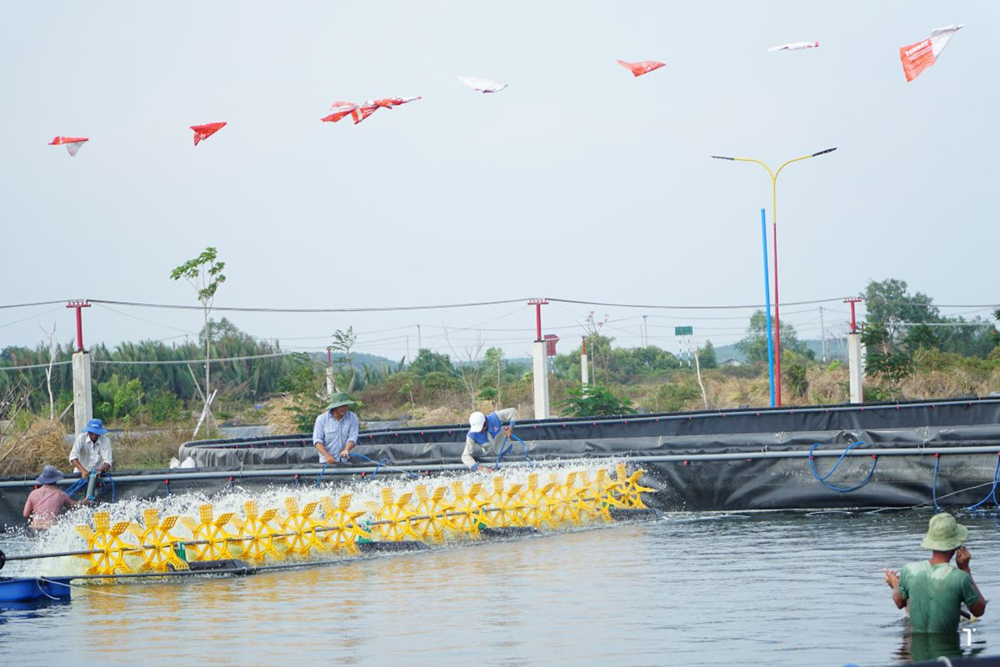
Aquaculture Vietnam 2024: Pioneer Solution for Sustainable Aquaculture
Aquaculture Vietnam 2024 is undoubtedly a must-join event for businesses in aquaculture in Vietnam. It will take place from October 9 to 11, 2024, at the Saigon Exhibition & Convention Center (SECC), Ho Chi Minh City, Vietnam. The exhibition features more than 100 exhibitors and 4,000 visitors. Aquaculture Vietnam 2024 provides a one-of-a-kind opportunity to connect, share knowledge, and advocate for the sustainable development of Vietnam’s aquaculture industry.
Aquaculture Vietnam 2024 serves as a vibrant platform where businesses, scientists, and aquaculture farmers can share their experiences and solutions for protecting the aquatic environments. Here, emerging issues such as wastewater treatment, environmental pollution reduction, sustainable water usage, and biodiversity will be extensively discussed.
In addition to the captivating booths of exhibitors, Aquaculture Vietnam 2024 also hosts the 6th edition of International Aquaculture Vietnam Conference. This conference brings together leading professors, and experts to present in-depth content on the industry’s challenges and opportunities, as well as effective environmental protection measures. This is an ideal event for businesses and farmers seeking solutions to enhance production and meet demands of the society. Thus, the exhibition is a forum for raising awareness about the importance of environmental protection in aquaculture.
At Aquaculture Vietnam 2024, businesses and visitors will experience multiple values, such as:
- Access to the entire seafood value chain, from breeds, feed, and farming equipment to processing and export.
- Exploration of cutting-edge technologies and innovative solutions that help improve production efficiency, reduce costs, and protect the environment.
- Networking opportunities with potential domestic and foreign partners and customers.
- Participation in seminars led by industry experts to stay updated on market trends and improve professional knowledge.
- Expansion of market reach and promotion of the company’s product brand to potential customers.
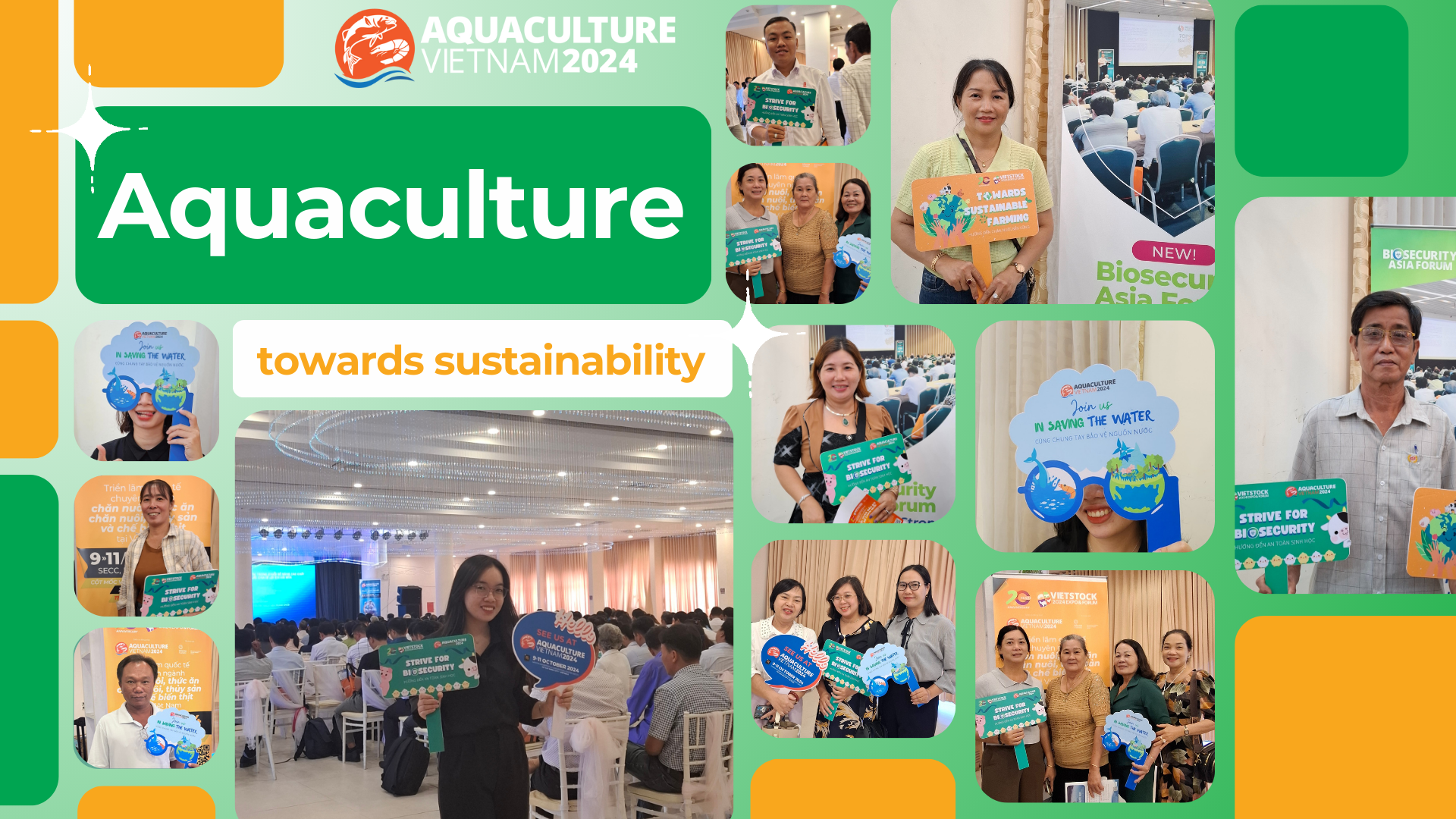
Register today to take the following advantages:
- Enhance your brand’s visibility.
- Reach potential customers effectively.
- Expand the business network and create long-term cooperative relationships.
- Enhance business position in the Vietnamese market.
Book a stand: https://www.aquafisheriesexpo.com/dat-gian-hang/
Pre-registration: https://ers-vn.informa-info.com/vsv24
————————–
CONTACT US:
- Exhibiting: Ms. Sophie Nguyen – Sophie.nguyen@informa.com
- Group Delegation Support: Ms. Phuong – phuong.c@informa.com
- Marcom Support: Ms. Anita Pham – anita.pham@informa.com


